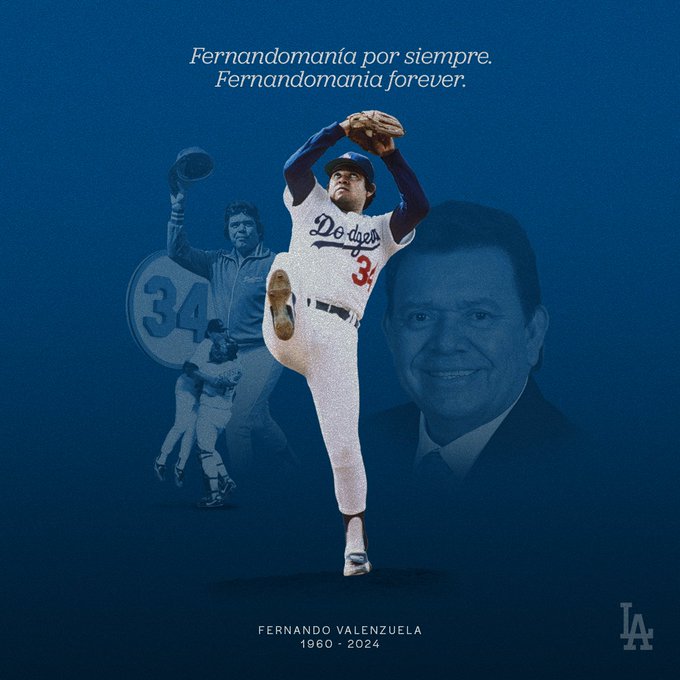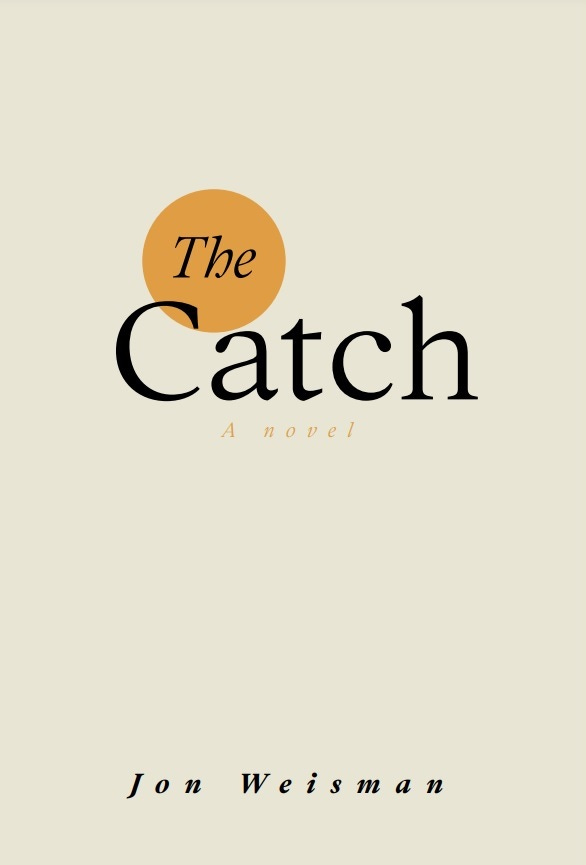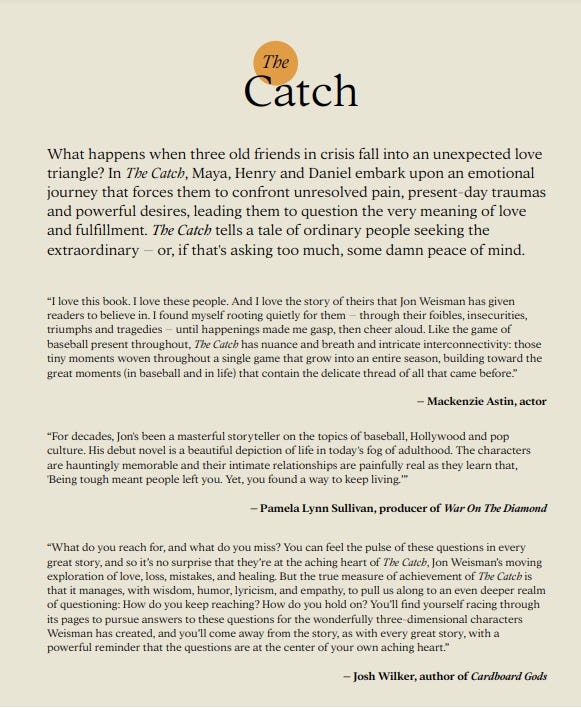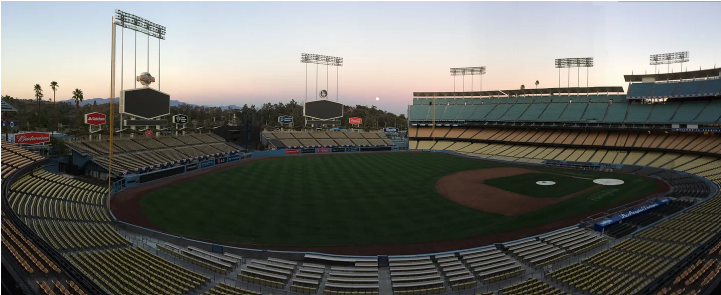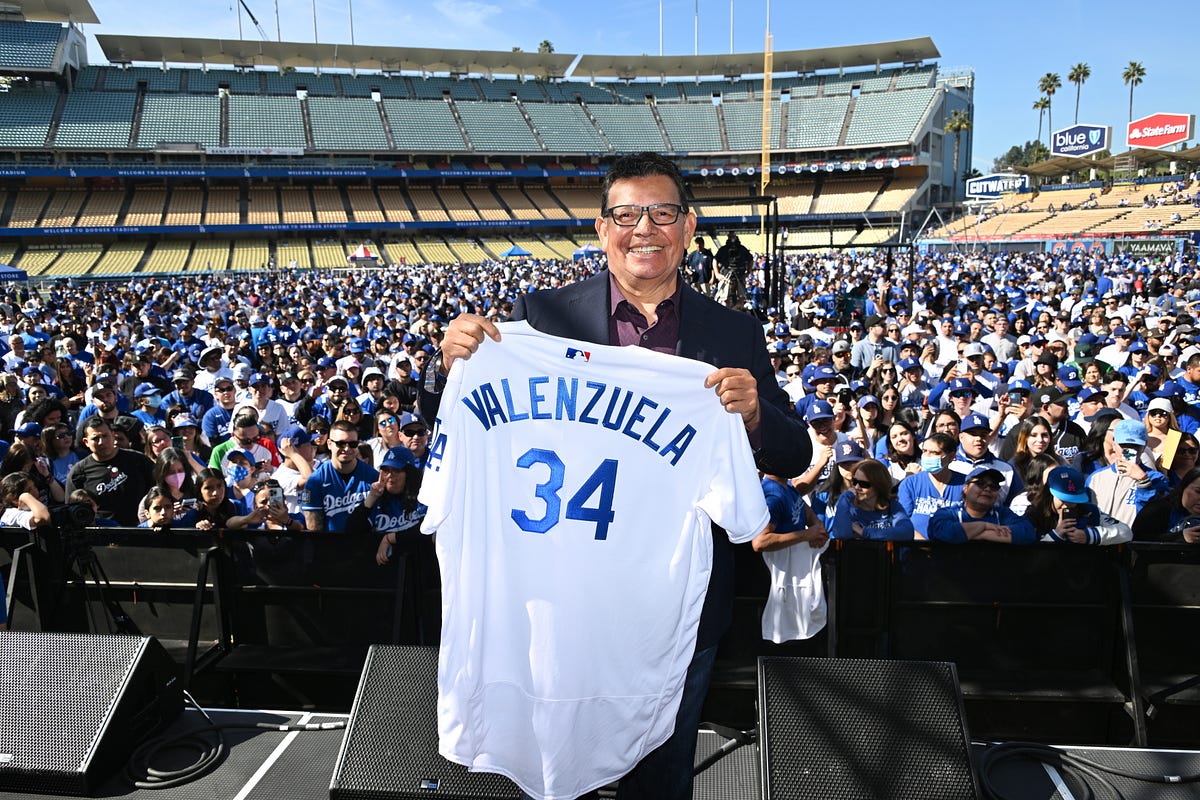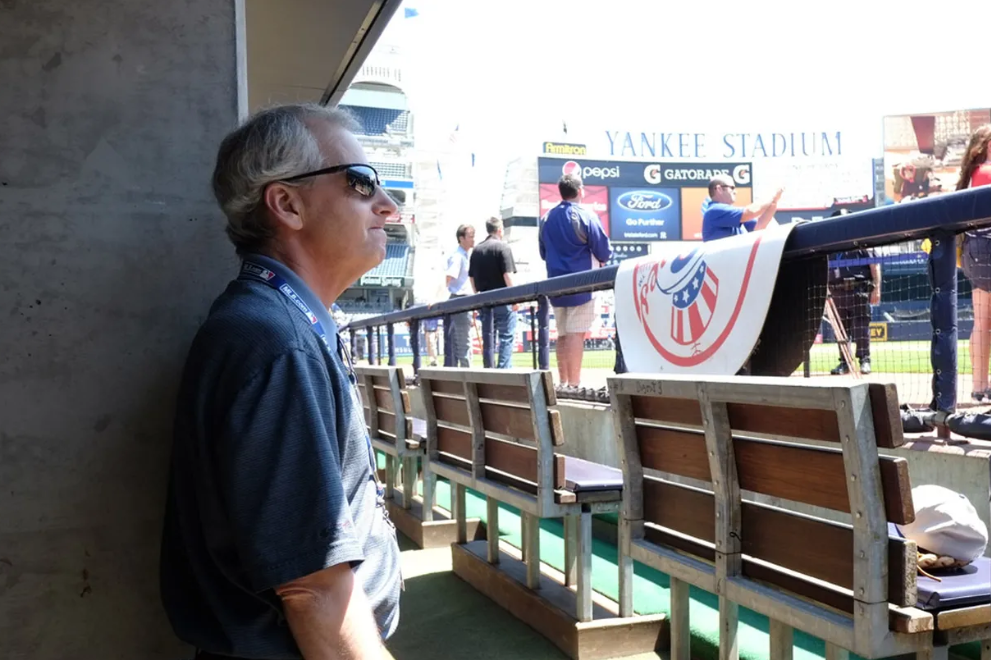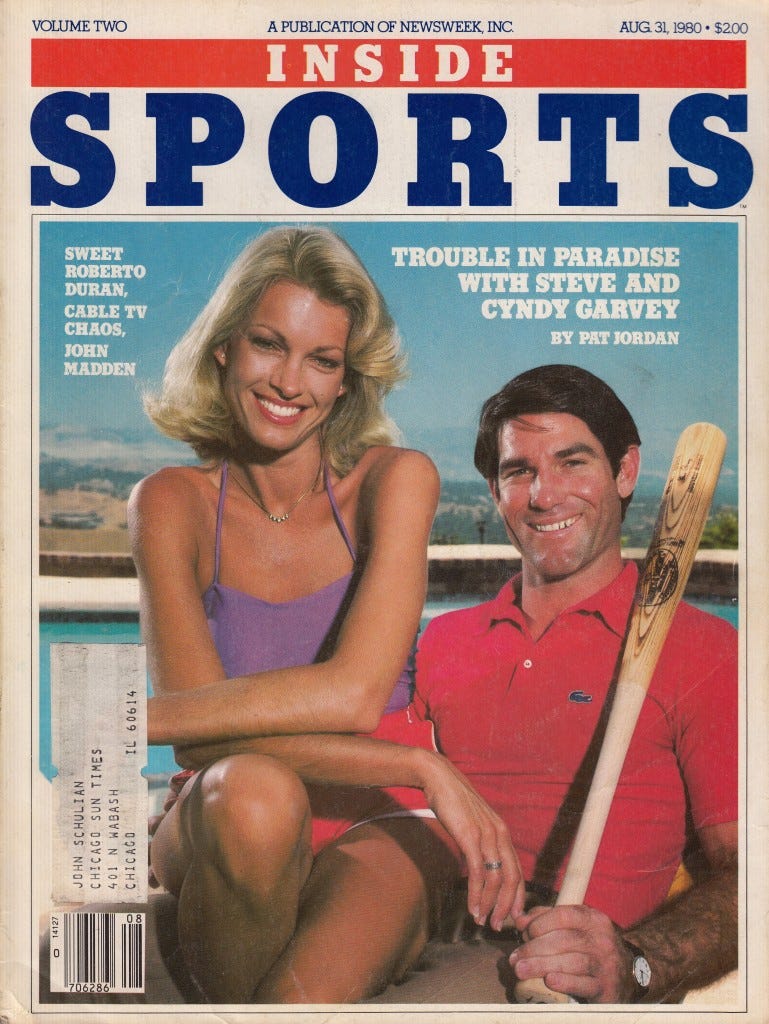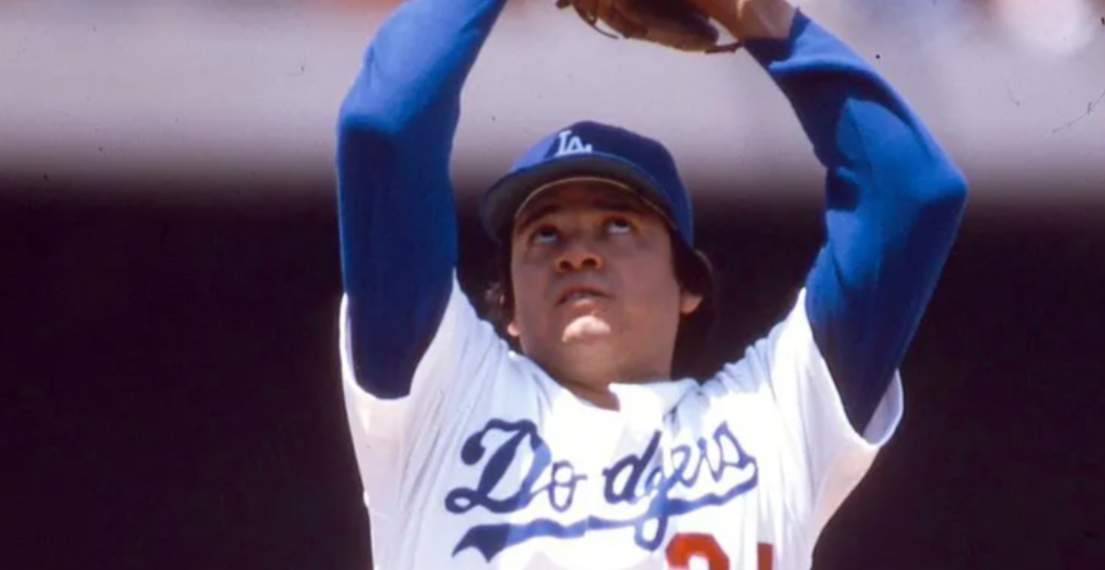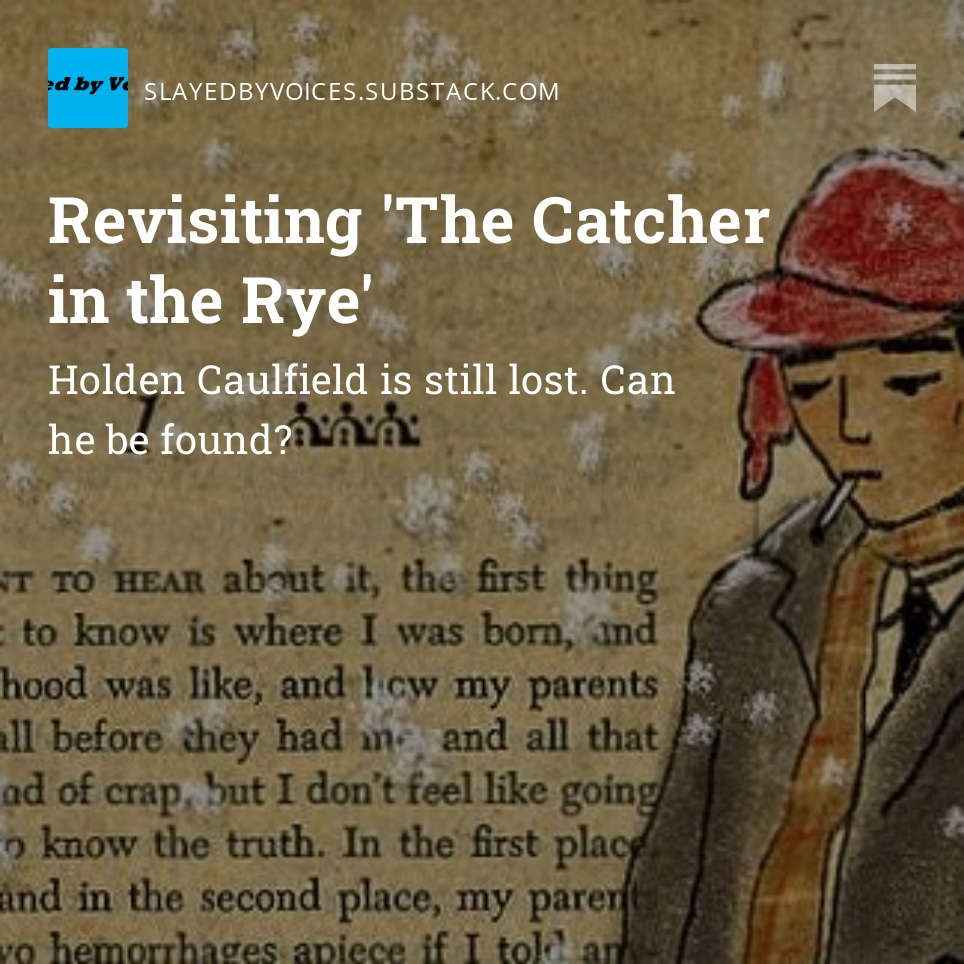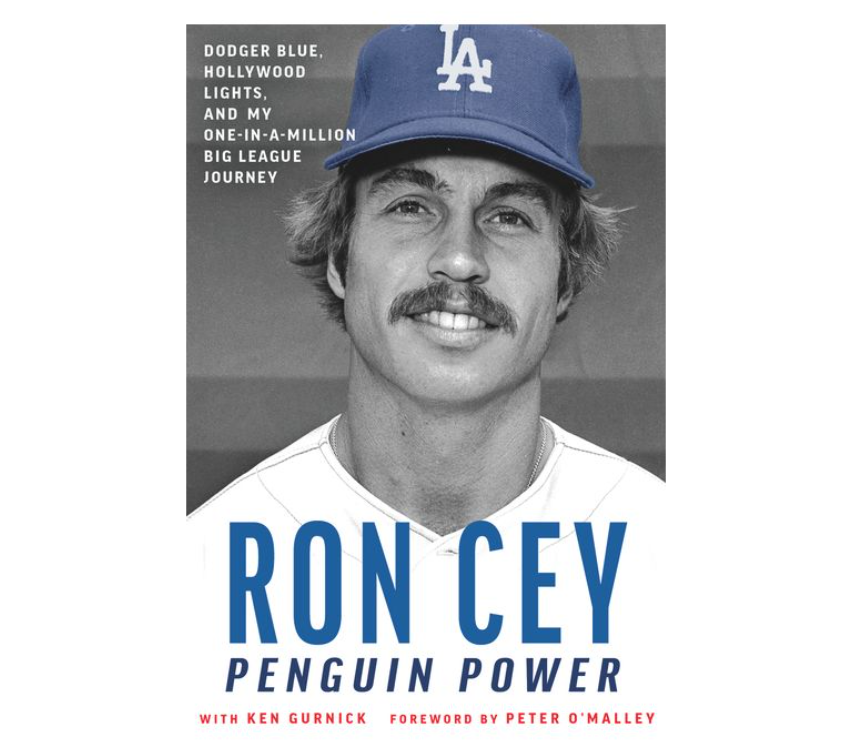 Quietly, Ron Cey thought he was a great baseball player. Why wouldn’t he?
Quietly, Ron Cey thought he was a great baseball player. Why wouldn’t he?
By the time he retired from the major leagues in 1987 after a 16-year career, Cey hit 316 home runs and 328 doubles. He drove in 1,139 runs. He scored nearly 1,000. If he wanted to get crazy, he could note that he walked more than 1,000 times and had an on-base percentage (you know, that elitist statistic) of .354.
Cey played in six All-Star games. He shared an MVP award for a World Series where his heroics were plain for anyone to see.
Arguably the best third baseman of all-time, Mike Schmidt, played in the same era as Cey. Another no-doubt Hall of Famer, George Brett, was the American League’s bellwether. After that pair, it would have been no crime for Cey to see himself in the hot corner’s highest echelon.
“Mike Schmidt was unquestionably the dominant NL third baseman from the mid-70s to the late ’80s, but Cey would have to be the No. 2,” wrote pioneering analyst Bill James.
Years later, fellow Dodger alum Tim Wallach introduced Cey to baseball’s statistical revolution, and it more than validated his inner beliefs. It exceeded them.
“Timmy came up to me one day when I was at the park,” Cey recalled in an interview. “He said, ‘I want to tell you that you are so much more valuable in our era of baseball than you were in your own.'”
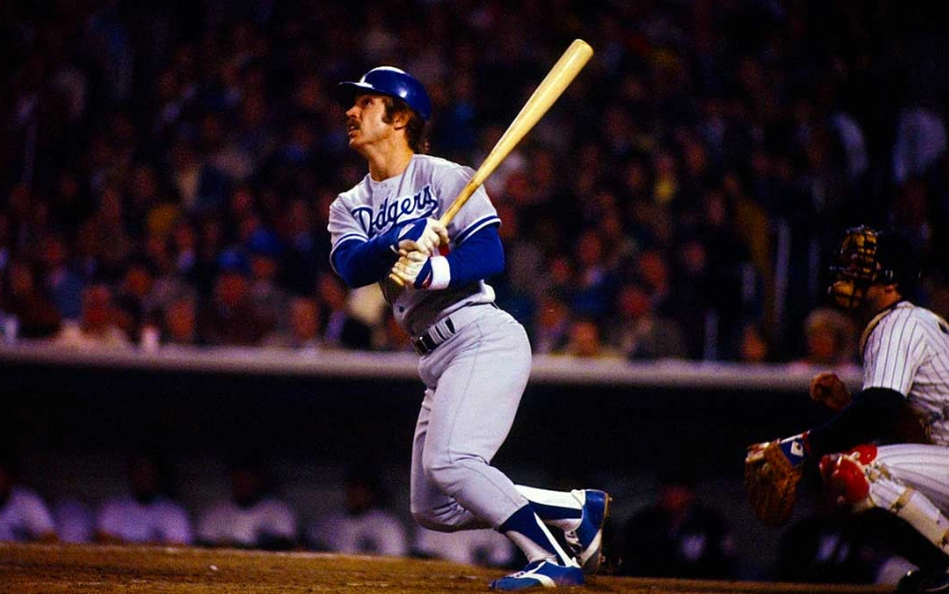
Based upon wins above replacement, Cey is the No. 6 Dodger position player of all time, behind four Hall of Famers from Brooklyn (Pee Wee Reese, Duke Snider, Jackie Robinson and Zack Wheat) and the Californian who remains the franchise’s all-time hits leader (Willie Davis). Cey has the highest WAR of any Dodger position player of the past 50 years.
From 1970 through 1990, Cey’s WAR ranks 28th among all major-leaguers. Of the 27 ahead of Cey, 17 are in the Hall of Fame.
Of the 27 ahead of Cey, six are third basemen: Schmidt, Brett, Graig Nettles, Buddy Bell, Wade Boggs and Darrell Evans.
Of the 27 ahead of Cey, only two were Dodgers, both of them longtime American Leaguers: Eddie Murray and Willie Randolph.
The title of Cey’s new memoir, written with longtime Dodger beat reporter Ken Gurnick, is Penguin Power. You can find the inspiration for that title in any number of chapters — not the least being an appreciation of a great nickname — but without a doubt, one of those inspirations is for contemporary fans to understand Cey’s powerful place in Dodger history.
“Just like I think that Dodger era didn’t get the credit it deserved for the things it accomplished, I don’t think Ron did either,” Gurnick said in an interview. “I think Ron’s right that he’s not in the top 1 percent of third basemen, but he’s probably right behind it. If you look at what he achieved through the prism of analytics … he did what they wanted him to do, and he did it really well in all phases of the game, and the numbers back that up.”
Perhaps more importantly, Penguin Power shares the stories behind that career in a breezy, invigorating style: not only Cey’s journey to greatness, but the incredible experiences he had along the way.
Read More
